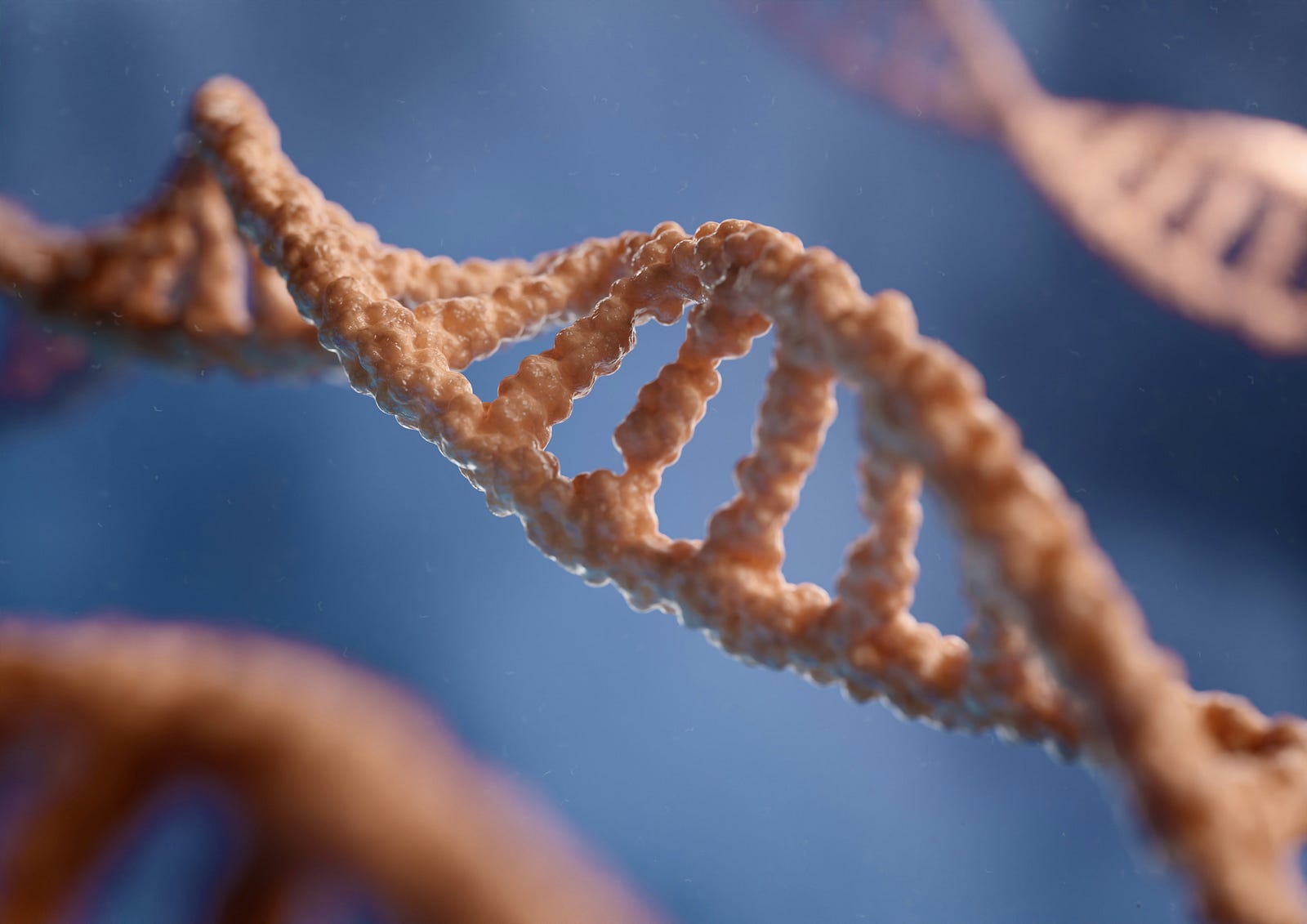THE CIRCADIAN RHYTHM IS OUR BODY’S INTERNAL CLOCK that controls everything from when we sleep and awaken to when we eat or fast. Can our body’s natural timing system tell us about cancer prognosis?
I am a doctor who helps individuals with cancer, and while we have made good strides in improving survival odds and quality of life for most cancers, I am saddened every time I hear someone has cancer.

You probably know about some of the tools we currently use to manage cancer, including:
- Surgery
- Radiation therapy
- Drugs (targeted; immunotherapy; and more)
- Cryotherapy (a local treatment that uses extreme cold produced by liquid nitrogen or argon gas to destroy cancer cells)
Today, I will get a bit nerdy and introduce some basic science about how a better understanding of our body’s circadian rhythm may open a new pathway to targeting cancer.
Circadian Rhythm Basics
The circadian rhythm is our body’s internal clock.
It controls various aspects of our lives, such as when we sleep and wake up, eat and fast, and are active or resting.

It’s the body’s natural timing system.
A Brief History of Circadian Rhythm Research
The Earth spins roughly every 24 hours, giving most living things an internal circadian rhythm.
This clock helps organisms adapt to environmental changes, like when animals sleep and wake up or when plants open and close their flowers.
The study of circadian rhythms began centuries ago when a French astronomer named de Mairan noticed plants still had regular patterns even in constant darkness.

Interest grew in the 1970s when researchers found circadian genes in fruit flies, leading to more in-depth studies.
By the 1990s, we learned much more about how these biological clocks work, with certain genes playing key roles in regulating them.
Circadian Rhythm Dysfunction
When our body’s internal clock gets messed up, it can cause problems like abnormal cell growth, more gene mutations, and difficulty getting rid of damaged cells.
These phenomena can make us more prone to suffering from a disease.

When something disrupts the circadian rhythm, body dysfunction can result:
- abnormal cell growth
- more genetic mutations
- resistance to programmed cell death (apoptosis)
Clinical Implications of Circadian Disruption
If our internal clock is out of whack, the immune system may suffer, leading to inflammation, DNA damage, and hormonal dysfunction.
All of this can play a role in cancer development.
Sleep-wake cycles do the following:
- Regulate the immune system.
- Regulate inflammatory responses.
- Influence endocrine factors.
- Regulate DNA damage and repair.
“All the world’s a stage, and all the men and women merely players. They have their exits and their entrances; And one man in his time plays many parts.”
– Shakespeare, As You Like It, Act 2, Scene 7
Real-World Implications of Circadian Clock Genes
Obtaining time-course breast cancer biopsies poses a significant challenge, limiting our understanding of how daily rhythms influence breast tumor biology and hindering the personalization of cancer therapies based on timing.

To address this obstacle, scientists leveraged machine learning techniques, aggregating data from hundreds of patients and aligning them along circadian time.
Through this approach, the researchers pinpointed rhythmic genes and pathways within normal human breast tissue and observed dampened and reprogrammed rhythms in luminal A breast cancers.
Research Findings
Here are the study results:
Patients with luminal A — the most favorable — breast cancers exhibiting stronger global expression rhythms experienced reduced 5-year survival rates.
Utilizing 3D cultures of tumor cells derived from patients, the researchers demonstrated that the circadian clocks within tumors govern cell invasion and metastasis (distant spread of cancer).

Numerous genes and pathways, including those related to potential chemotherapeutic targets, exhibited alterations in rhythmicity, either gaining or losing it.
This study underscores the critical role of circadian rhythms in breast cancer progression. It suggests that targeting circadian dysregulation could hold promise for improving patient outcomes in luminal A breast cancer cases.
Summary – Clock Genes and Cancer
The circadian regulation of biological processes plays a crucial role in governing various human behaviors, such as sleep-wake cycles, eating patterns, and activity levels.

Disruption of these natural rhythms, whether due to external factors or internal changes, can have profound effects on health and may contribute to a spectrum of diseases, including sleep disorders, psychiatric conditions, neurodegenerative disorders, cardiovascular ailments, and cancers.
In addition, circadian clock disruption affects sleep, alertness, and cognition.
Numerous epidemiological and animal studies have underscored the significance of the circadian clock in both the onset and progression of cancer.
Final Thoughts – Clock Genes and Cancer
Manipulation of circadian rhythms, which play vital roles in numerous biological processes, shows promise for treating cancer and other serious illnesses.
The groundbreaking work in this field, recognized by the 2017 Nobel Prize in Physiology or Medicine awarded to Jeffrey C. Hall, Michael Rosbash, and Michael W. Young, signifies significant progress.
This groundbreaking work suggests a bright future for leveraging circadian rhythm research for clinical benefits in the coming years.
I look forward to writing more about how clock genes influence cancer outcomes and care.
Thank you for reading “Clock Genes and Cancer.” Please consider signing up to follow this blog. And if you want to read more of my essays, please click the HOME button at the top left of this page. Thanks, again!




